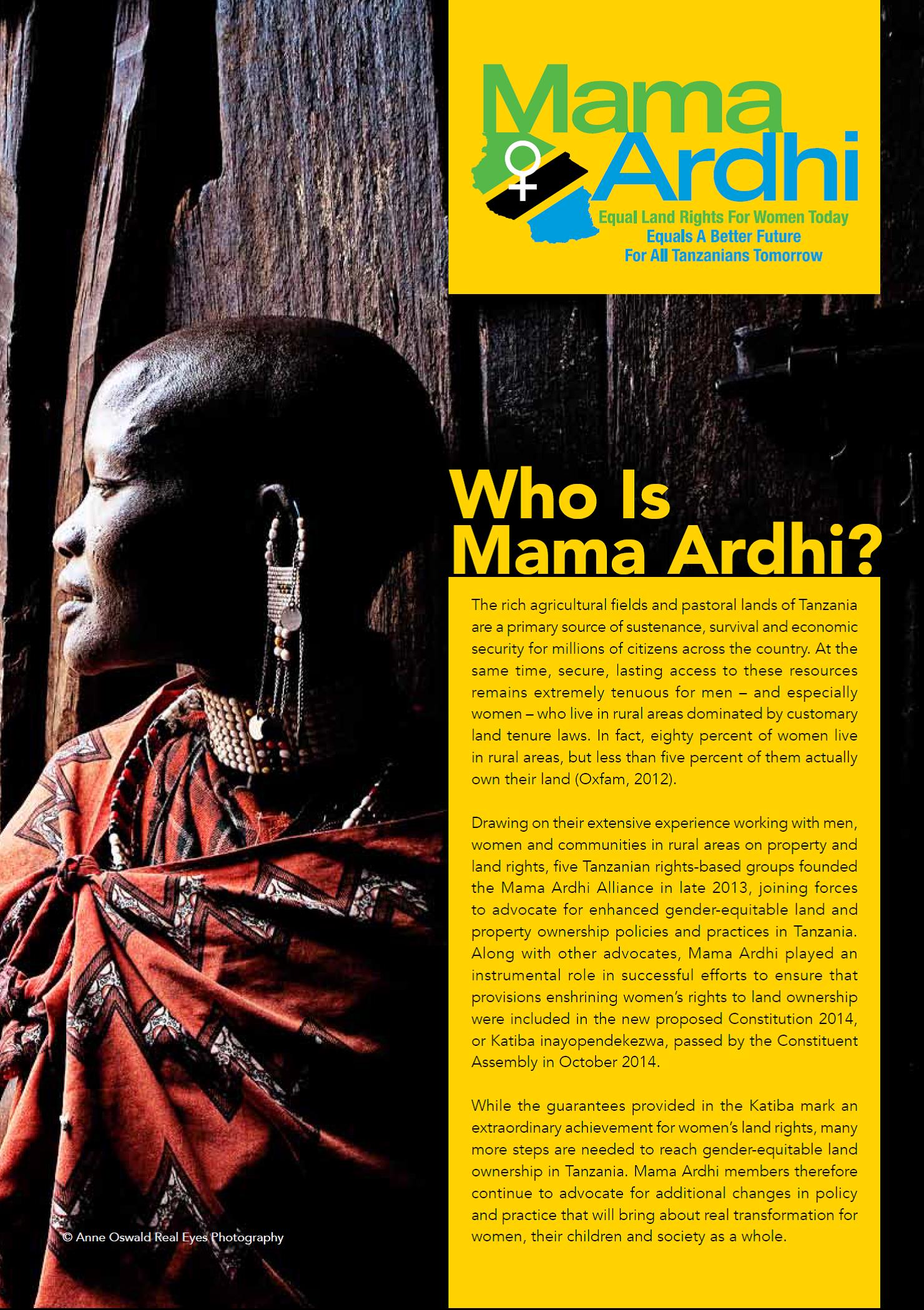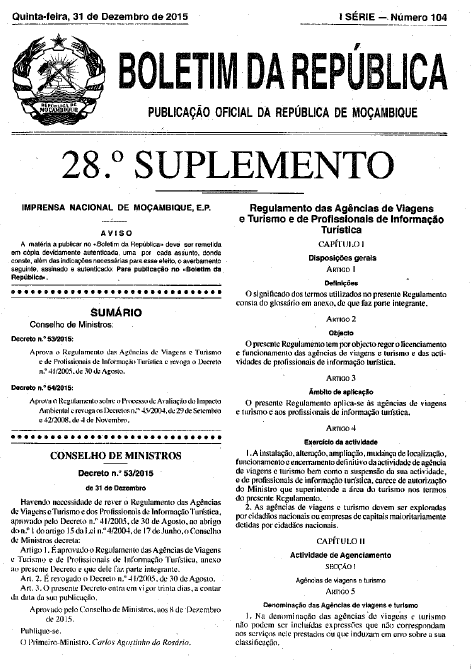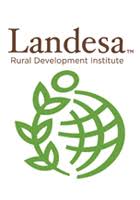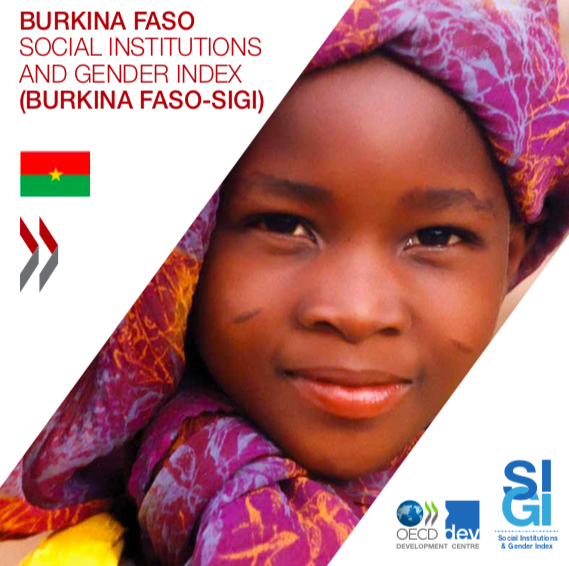Gender and Land Statistics. Recent developments in FAO’s Gender and Land Rights Database
Although there is global consensus that women’s land rights are fundamental for the realization of food security and rural development, accurate and reliable statistics to monitor the attainment and realisation of these rights are still lacking. Indeed, the lack of clear and accurate statistics on landownership and land management– that are disaggregated by sex - is problematic for developing clear policy responses to, and for monitoring of, inequalities faced by women and men in rural areas.








